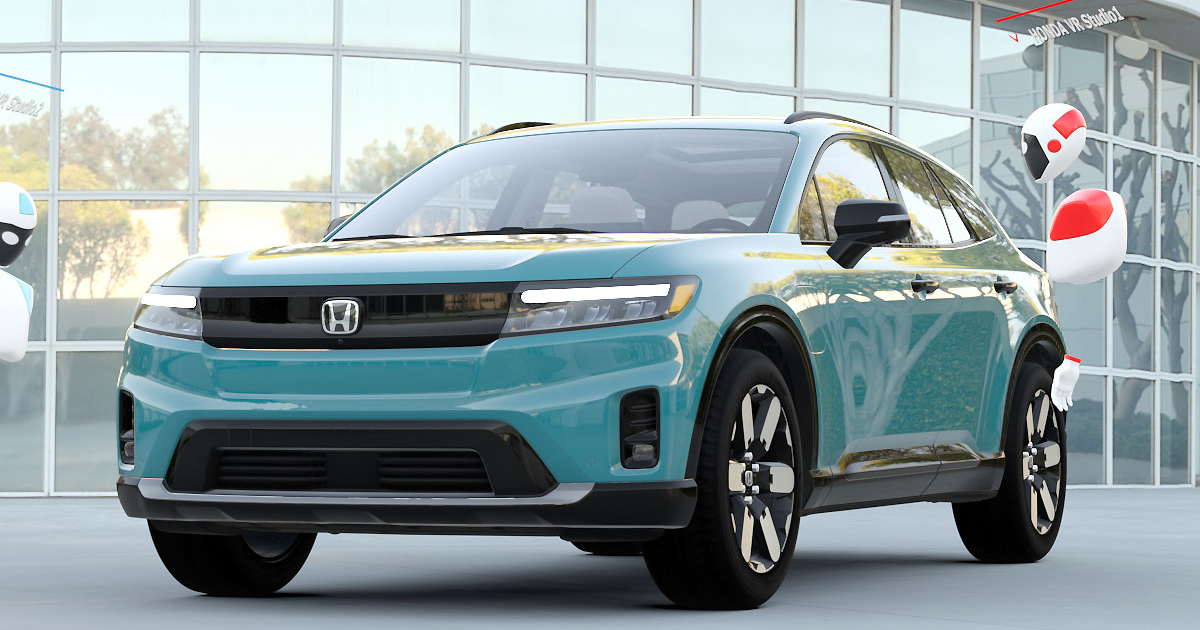
If the world is indeed throwing an electric vehicle party, it’s pretty clear by now that someone forgot to invite most of Japan.
While Nissan pioneered the segment with the Leaf and Toyota had a short-lived dalliance with Tesla almost a decade ago, most of the largest Japanese brands find themselves lagging behind in the rapidly growing EV race.
And they seem armed with last-minute offerings that look less than competitive against more advanced EVs on sale from Europe, the U.S. and their competitors elsewhere in Asia.
But if this industry has learned anything over the last half a century, it is this: Japan’s largest automakers and their tagalong premium brands rarely stay behind for long in any automotive technology competition.
Toyota and Lexus, Nissan and Infiniti, and Honda and Acura have all laid out strategies to greatly expand their EV offerings and promise dramatic range advances if solid-state battery technology becomes commercially viable.
Meanwhile, they continue to develop their lineups of internal combustion and hybrid vehicles to serve those customers for whom the switch to full-time battery propulsion isn’t yet practical. And, notably, Japan’s largest automakers remain active in the dwindling car segments, albeit with extended product cycles and simplified trims, while culling some of their slower-selling nameplates.
The long-term future in the United States for these automakers, each of whom has invested heavily here, may depend on how successful they are with their product plans between now and 2027 while they try to play catch-up with other global automakers’ EV offerings.